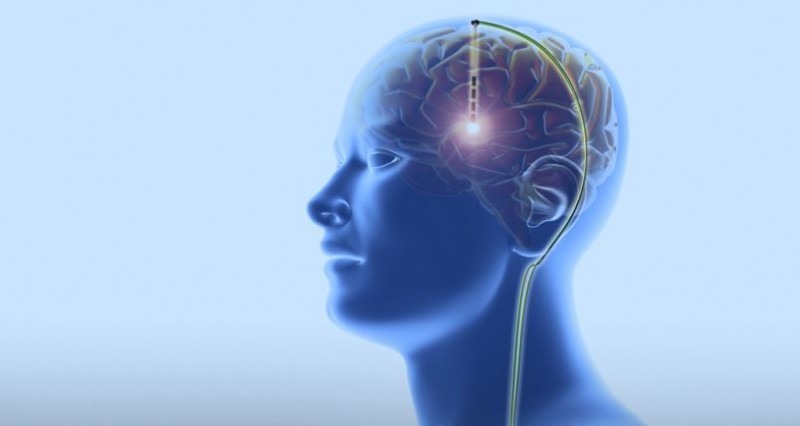
Memory consolidation is a crucial process that enables our brains to store and retain information. However, for individuals with certain neurological conditions or memory impairments, this process may be compromised. In recent years, deep brain stimulation (DBS) has emerged as a potential therapeutic option for enhancing memory consolidation. This article explores the concept of DBS and its role in facilitating memory consolidation, highlighting its benefits, applications, and future prospects.
Deep brain stimulation is a neurosurgical procedure that involves the implantation of electrodes into specific regions of the brain. These electrodes deliver electrical impulses to modulate and regulate the activity of targeted brain areas. DBS is primarily used to treat various neurological disorders, such as Parkinson's disease, essential tremor, and dystonia. However, researchers have also been investigating its potential in memory enhancement.
Memory consolidation is the process by which newly acquired information is stabilized and integrated into long-term memory storage. One crucial brain structure involved in this process is the hippocampus, a region responsible for memory formation and retrieval. Studies have shown that stimulating the hippocampus through DBS can enhance memory consolidation.
The exact mechanisms through which DBS facilitates memory consolidation are still being explored. However, it is believed that the electrical stimulation provided by DBS promotes the release of certain neurotransmitters and facilitates the strengthening of synaptic connections. These changes can enhance the encoding and storage of memories.
DBS for memory consolidation holds potential in various clinical applications. For instance, individuals with Alzheimer's disease or other forms of dementia often experience memory deficits. Preliminary studies have shown promising results, indicating that DBS targeting the hippocampus or other relevant brain regions can improve memory function in these patients. Moreover, individuals with traumatic brain injuries or other memory impairments may also benefit from DBS as a means to enhance memory consolidation.
Research in the field of DBS for memory consolidation is still in its early stages. Initial studies involving animal models and a limited number of human participants have shown encouraging results. However, further research is needed to refine the techniques, optimize stimulation parameters, and evaluate the long-term effects of DBS on memory enhancement. Ongoing clinical trials are exploring the effectiveness and safety of DBS for memory consolidation in larger cohorts, providing valuable insights for future applications.
While DBS shows promise as a therapeutic approach for memory consolidation, ethical considerations and potential risks must be taken into account. Invasive procedures, such as surgery and electrode implantation, carry inherent risks. Additionally, ethical considerations regarding the enhancement of memory raise questions about personal identity and the nature of human cognition. Continued research and careful evaluation of these factors will be essential as the field progresses.
Deep brain stimulation is emerging as a potential tool for enhancing memory consolidation. By modulating specific brain regions, such as the hippocampus, DBS can facilitate the encoding and storage of memories. While the research is still in its early stages, the results thus far are encouraging, offering hope for individuals with memory impairments. As the field advances, further studies and clinical trials will contribute to refining the technique and expanding its applications, ultimately improving the quality of life for those affected by memory-related conditions.